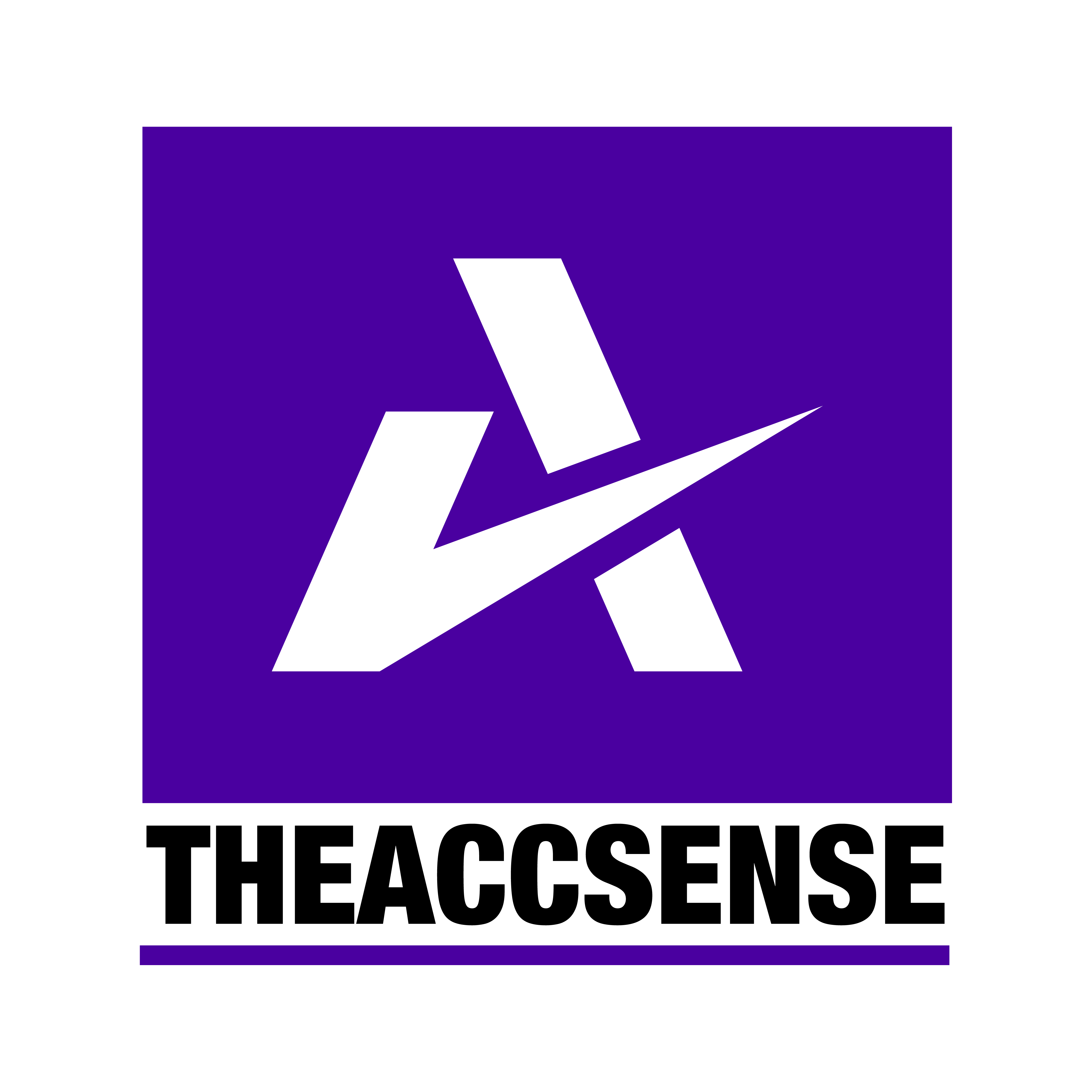Zakat or alms-giving is one of the obligatory acts or religious duty upon Muslims. The obligation for zakat for Muslims is commanded by Allah in many verses in the Al-Quran. Al-Quran is one of the primary sources in Islamic law as explained in our earlier article, The primary source of Islamic law. One of the verses where Allah commanded Muslims to do zakat is in Surah Al-Baqarah verse 110 as follows:
وَأَقِيمُواْ الصَّلاَةَ وَآتُواْ الزَّكَاةَ وَمَا تُقَدِّمُواْ لأَنفُسِكُم مِّنْ خَيْرٍ تَجِدُوهُ عِندَ اللّهِ إِنَّ اللّهَ بِمَا تَعْمَلُونَ بَصِيرٌ
“And keep up (establish, perform) the Prayer and give Zakat (the alms) and whatever good you send before for yourselves, you shall find it with Allah. Certainly, Allah is All-Seeing of what you do.”
In this verse, Allah has commanded the Muslims to allocate a portion of their wealth to be shared with those in need. This obligatory act of zakat aims to protect the Muslims from being greedy (to purify their heart) on the wealth that Allah has granted to them. Muslims believe that paying zakat will not make their wealth any less, but will be granted with the blessing from Allah. After all, all the wealth in this world belongs to Allah and man is just the khalifah (vicegerent) of Allah. From a socio-economic perspective, zakat should be seen as one of the powerful tools to support the government in its poverty eradication policy. Zakat helps to redistribute the wealth from one group of people to another group of people in the society.
The beneficiaries of zakat in Islam
The portion of the wealth given for zakat collected by the zakat authorities is distributed to the following categories of beneficiaries (also known as asnaf):
- Fakir – the one who has neither material possession nor means of livelihood; the one who has no means to sustain her/his daily needs.
- Miskin – the one who has insufficient means of livelihood to meet her/his basic needs
- Amil – the one who is appointed by the zakat authority to collect zakat
- Muallaf – the one who recently embraced or reverted to Islam
- Riqab – the one who is freeing herself/himself from slavery or who is shackled under a power or circumstance that is an obstacle to himself to live a better life.
- Gharimin – the one who is in debt and owes to meet her/his basic needs, including his dependents and has no ability to pay them
- Fisabilillah – the one who strives in the cause of Allah
- Ibn Sabil – the one who runs out of expenses while embarking on a journey or on a journey that is beneficial and in accordance with the Islamic law
The eight categories of beneficiaries above are clearly commanded by Allah in the Al-Quran, surah Al-Taubah, verse 60 as follows:
اِنَّمَا الصَّدَقٰتُ لِلۡفُقَرَآءِ وَالۡمَسٰكِيۡنِ وَالۡعٰمِلِيۡنَ عَلَيۡهَا وَالۡمُؤَلَّـفَةِ قُلُوۡبُهُمۡ وَفِى الرِّقَابِ وَالۡغٰرِمِيۡنَ وَفِىۡ سَبِيۡلِ اللّٰهِ وَابۡنِ السَّبِيۡلِؕ فَرِيۡضَةً مِّنَ اللّٰهِؕ وَاللّٰهُ عَلِيۡمٌ حَكِيۡمٌ
“Alms-tax is only for the Faqara (the poor) and the AL-Masakin (the needy), for those employed to administer it, for those whose hearts are attracted to the faith, for freeing slaves, for those in debt, for Allah’s cause, and for needy travellers. This is an obligation from Allah. And Allah is All-Knowing, All-Wise.”
Zakat authority in Malaysia
In Malaysia, the administration of zakat including its collection and distribution is under the purview of the Head of States (the rulers). This is stated in Article 3 of the Federal Constitution that the matter or religion is under the purview of the Head of States. At the state level, zakat matters are administered by the State Islamic Religious Councils (“SIRCs”). There are fourteen (14) SIRCs in Malaysia, representing each state as follows:
- Melaka State Islamic Religious Council
- Johor State Islamic Religious Council
- Pahang State Islamic Religious Council
- Perak State Islamic Religious Council
- Sarawak State Islamic Religious Council
- Selangor State Islamic Religious Council
- Wilayah Persekutuan State Islamic Religious Council
- Kelantan State Islamic Religious Council
- Kedah State Islamic Religious Council
- Sabah State Islamic Religious Council
- Negeri Sembilan State Islamic Religious Council
- Perlis State Islamic Religious Council
- Pulau Pinang State Islamic Religious Council
- Terengganu State Islamic Religious Council
Zakat collection and distribution in Malaysia
The table below summarises the latest zakat collections and distribution in Malaysia. Information on the statistic of latest zakat collection and distribution, however, are only available publicly for few SIRCs as follows:
| 2019 | 2019 | 2019 | 2018 | 2018 | 2018 | 2017 | 2017 | 2017 | |
|---|---|---|---|---|---|---|---|---|---|
| State | Collection (RM) | Distribution (RM) | Distribution (%) | Collection (RM) | Distribution (RM) | Distribution (%) | Collection (RM) | Distribution (RM) | Distribution (%) |
| Pahang | 157.59 mil | 146.77 mil | 93.75% | 145.97 mil | 141.91 mil | 97.22% | 146.27 mil | 149.47 mil | 102.19% |
| Perak | 207.19 mil | 197.38 mil | 95.27% | 176.24 mil | 175.89 mil | 99.80% | 170.80 mil | 165.42 mil | 96.85% |
| Selangor | 855.14 mil | 868.26 mil | 101.54% | 793.68 mil | 829.88 mil | 104.56% | 757.11 mil | 616.53 mil | 81.43% |
| Kedah | N/A | N/A | N/A | 177.01 mil | 150.12 mil | 84.81% | 164.92 mil | 134.94 mil | 81.82% |
| Pulau Pinang | 121.48 mil | 110.99 mil | 91.36% | 114.83 mil | 101.01 mil | 87.96% | 96.64 mil | 99.78 mil | 103.25% |
We can see from the statistic above, the five SIRCs distributed more than 80% of the zakat collected to the respective beneficiaries through various programs and schemes for three consecutive years. This information is crucial for the public to understand how the SIRCs have discharged their responsibilities and hence, demonstrate transparency on zakat management.
Sources of Zakat in Malaysia
There are various zakat sources for the zakat collection in Malaysia, namely:
- Zakat fitrah – self-imposed zakat on every individual Muslim man and woman who is capable in the conditions set.
- Zakat on income – zakat on the income of individual Muslims, particularly from wages, remuneration, payments or proceeds earned from work or efforts undertaken.
- Business zakat – refers to zakat that must be paid as a result of the business property regardless of the form of business.
- Zakat on savings – zakat for money savings, regardless of actual physical cash, paper form, coins or the like. This includes zakat on regular savings, fixed deposits, and others.
- Zakat on investment – refers to zakat on investment income made that meets the conditions stipulated such as enough nisab, haul and others.
- Zakat on Employee Provident Fund (“EPF”) – EPF is a scheme where money from a person’s income from his or her work is kept in the employee’s savings account for retirement and other allowable purposes. This EPF saving is also subject to zakat.
- Zakat on gold and silver – refer to zakat imposed for gold and silver held by Muslims. This also includes zakat on physical gold.
- Zakat on takaful – zakat for example, on the value of savings or investments that can be withdrawn (cash value), cash return on savings arising from investment profits, takaful compensation and others.
Other benefits of paying Zakat in Malaysia
Malaysia as a Muslim majority country, Muslims with taxable income of less than RM35,000 have also been granted a tax rebate for paying for zakat by Inland Revenue Board of Malaysia. Muslims who paid zakat are allowed to claim for zakat deductions in their annual tax return (as income tax rebate).
Zakat will continue to be one of the powerful tools to help the government in the poverty eradication mission among Muslim community, together with other socio-economic policies and tools such as waqf, sadaqah and social finance. We will cover these topics in our future articles on Islamic finance series. Till then, stay tuned!

